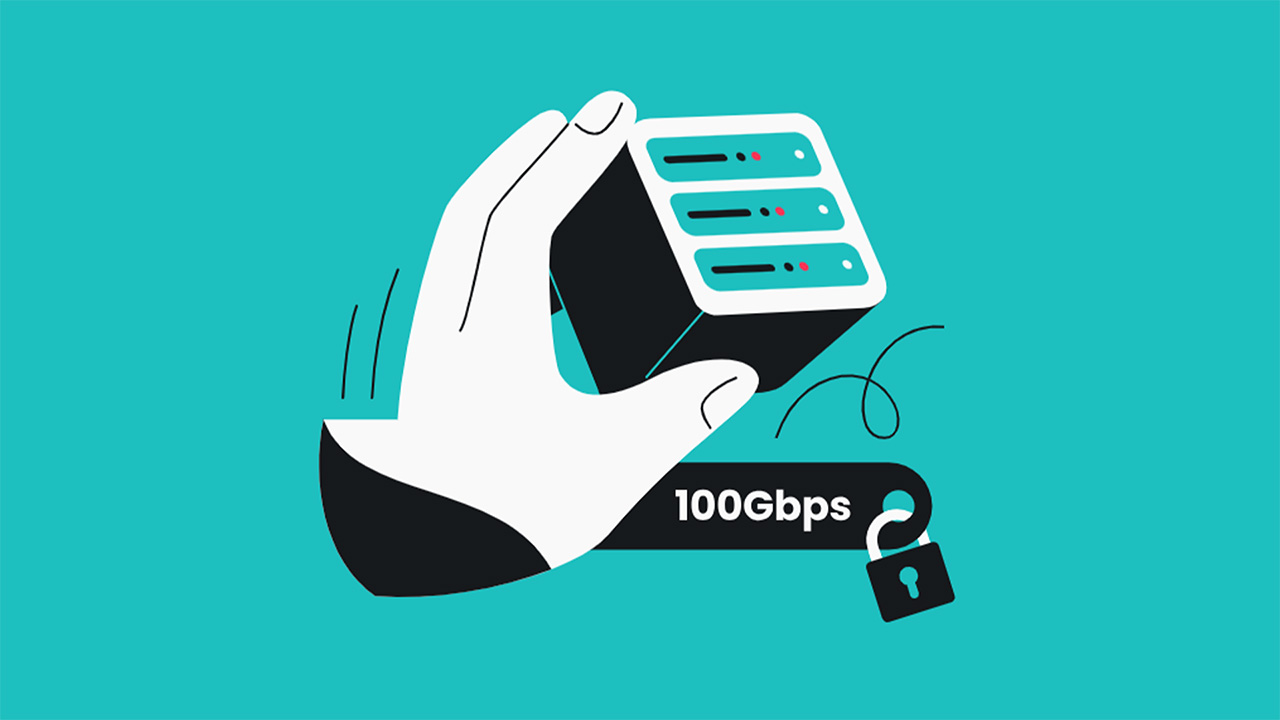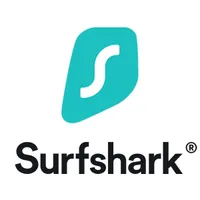Surfshark is upgrading its network with super-fast 100 Gbps servers
The provider is rolling out the high-speed servers as part of a trial program.

Here at Tom’s Guide our expert editors are committed to bringing you the best news, reviews and guides to help you stay informed and ahead of the curve!
You are now subscribed
Your newsletter sign-up was successful
Want to add more newsletters?
Join the club
Get full access to premium articles, exclusive features and a growing list of member rewards.
Surfshark has announced that it is introducing 100 Gbps servers to its network. This represents a tenfold increase on the existing 10 Gbps servers currently used by the VPN (virtual private network) provider.
The rollout is currently in a testing phase and is running on a handful of servers, with Amsterdam in the Netherlands being the first location to benefit from the new high-speed hardware, according to the company. As the new technology is embedded in the network, Surfshark should see greater bandwidth capacity and the potential for higher maximum connection speeds.
The company highlights growing data demands and increasing customer expectations as being driving forces for the upgrade, which it suggests will help to future-proof its network. We rate Surfshark as being among the best VPN providers today and proactive steps to improve its infrastructure mark it out as a leader in the sector.
Surfshark sits at #2 on our best VPN list and it's the best cheap option out there. It's a powerful VPN and has some innovative features.
What you'll get...
🚀 Fast speeds
📺 Excellent streaming unblocking
✨ Features inc. Alt ID & 100 Gbps servers
🔒 Top-class privacy & security
A 27 months Surfshark plan starts at $1.99 per month ($53.73 up front pre-tax). There's a 30-day money-back guarantee and even a 7-day free-trial.
Why Does VPN Connection Speed Matter?
Connection speed is a key factor when comparing different VPN providers. As your data runs through a remote server (at a destination of your choice), your internet connection will always be slowed down by using a VPN.
Other factors impacting your connection speed include the distance between you and the VPN server you’re connecting to, the amount of traffic on the network, and the encryption protocol you’re using.
Given this, 100 Gbps servers won’t increase your internet speed, but they can minimize the impact of encrypting and redirecting your traffic on your internet experience.
10Gbps was the old standard. We’re setting the new one at 100Gbps with our Amsterdam server — 10× the capacity, 10× the tech power. Built for the internet of tomorrow and ready to handle whatever comes next. https://t.co/Iljo9WlmEMOctober 8, 2025
While the rollout is in a testing phase, Surfshark refers to it as a new standard for VPN speed. According to the company’s statement, the upgrade is enabled by "bigger pipes, faster encryption, smarter software paths, and better load distribution" and is intended to deliver consistently high speeds, greater stability, and increased network capacity.
What Do 100 Gbps Servers Mean?
The fastest connections we’ve recorded in our testing are delivered by ExpressVPN’s Lightway Turbo protocol with dual tunneling, which hits speeds of 1,600Mbps or more.
Surfshark was previously the fastest VPN we'd tested, with WireGuard speeds exceeding 950 Mbps. Although in our last round of testing, this dropped to around 850 Mbps.
In our VPN testing process, we use a cloud PC with a 10Gbps connection to make sure that we can push VPN services to their full potential. You only need 25Mbps to stream Netflix in 4K and around 100 Mbps for online gaming, so these speeds provide enough bandwidth for a whole household to engage in data-heavy activities online.
At present, the fastest connections commercially available top out at around 1 Gbps to 5 Gbps, so you may wonder what benefit a 100 Gbps VPN can provide.
According to Surfshark, the upgrade is intended to future-proof its technology and ensure there continues to be sufficient bandwidth for a growing numbers of users.
It’s also intended to accommodate the data-heavy demands of applications like video conferencing, online gaming, and streaming in 4K, 8K, and 360°, as well as the requirements of virtual reality interfaces, which may stretch current connection speeds in the years to come.
In its statement on the update, a spokesperson said, "We’re ensuring that the increasing number of internet users won’t result in buffering, and you can get a more seamless experience, even during the busiest times... Even with the increasing number of internet users, Surfshark users will continue getting more stable gaming pings, fewer buffering issues, and smoother work calls."
Other recent improvements to Surfshark’s service have included its implementation of FastTrack, for optimizing traffic routing on the VPN server network, and Everlink, a self-healing server infrastructure that is intended to deliver more stable connections for the company’s users.
For more information about the provider, read our full Surfshark VPN review.
We test and review VPN services in the context of legal recreational uses. For example: 1. Accessing a service from another country (subject to the terms and conditions of that service). 2. Protecting your online security and strengthening your online privacy when abroad. We do not support or condone the illegal or malicious use of VPN services. Consuming pirated content that is paid-for is neither endorsed nor approved by Future Publishing.

Michael is an experienced technology writer, specialising in VPNs, antiviruses, and cybersecurity. Previously, he has written for publications including Techopedia, The Guardian, and Digital Spy and has worked with numerous tech firms in the SaaS space. Outside of work, Michael’s interests include cult TV, gamification, and behavioural economics.
You must confirm your public display name before commenting
Please logout and then login again, you will then be prompted to enter your display name.
 Club Benefits
Club Benefits












